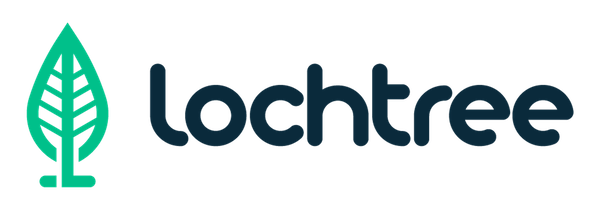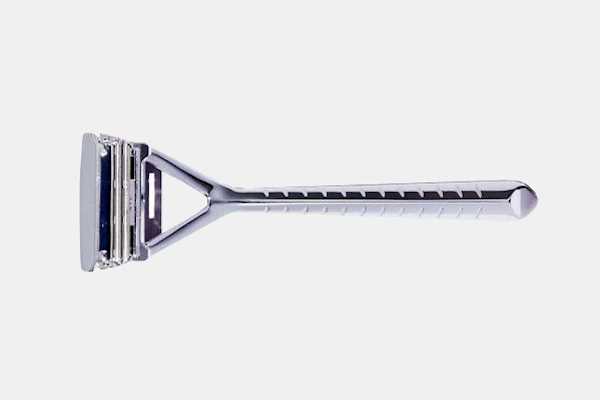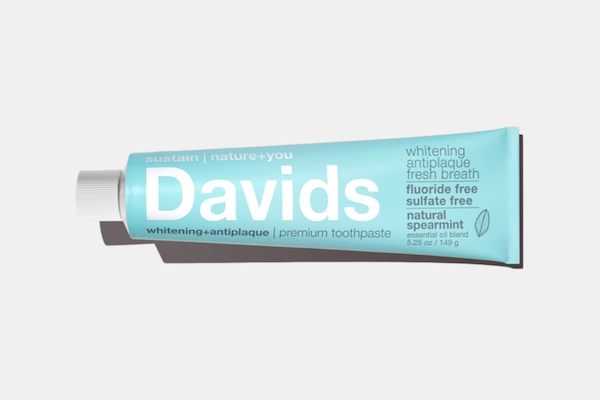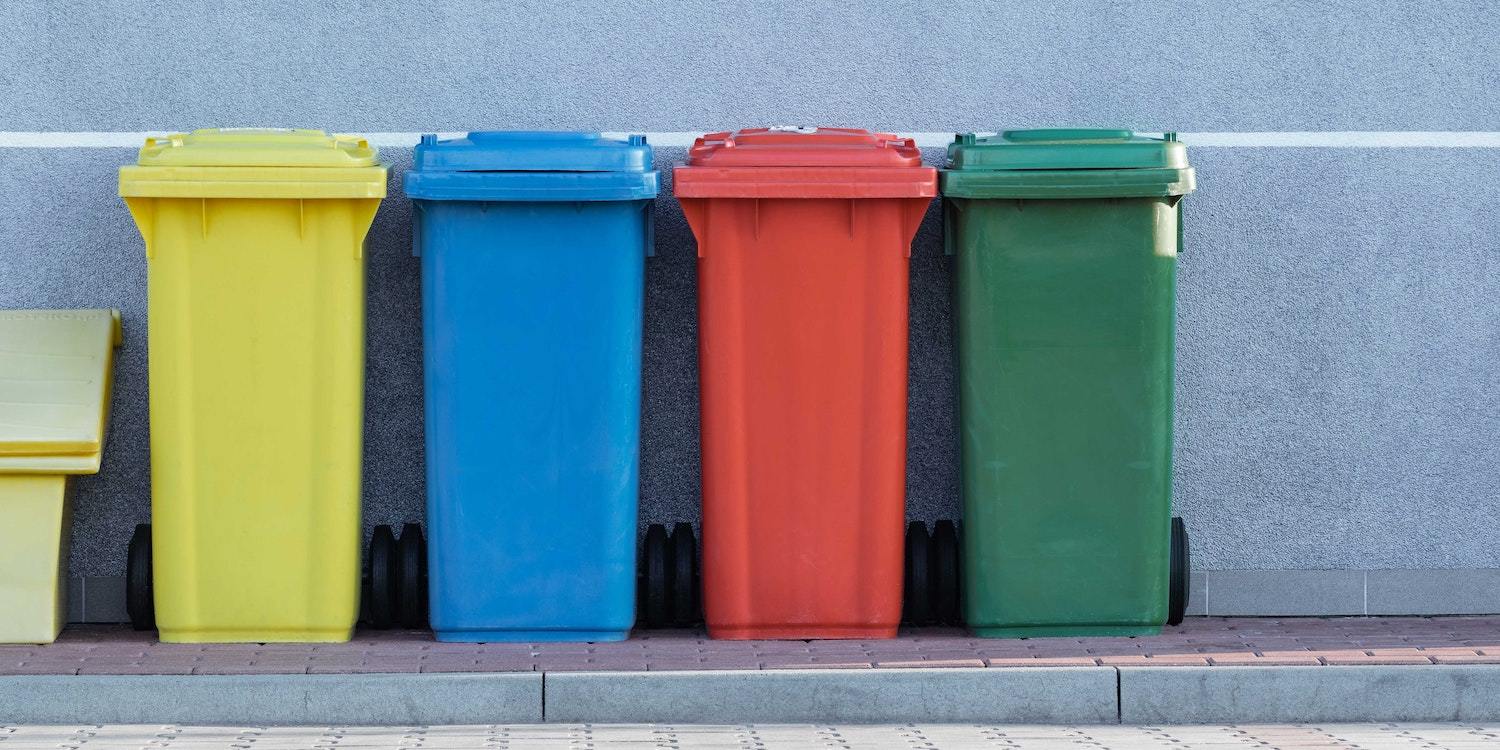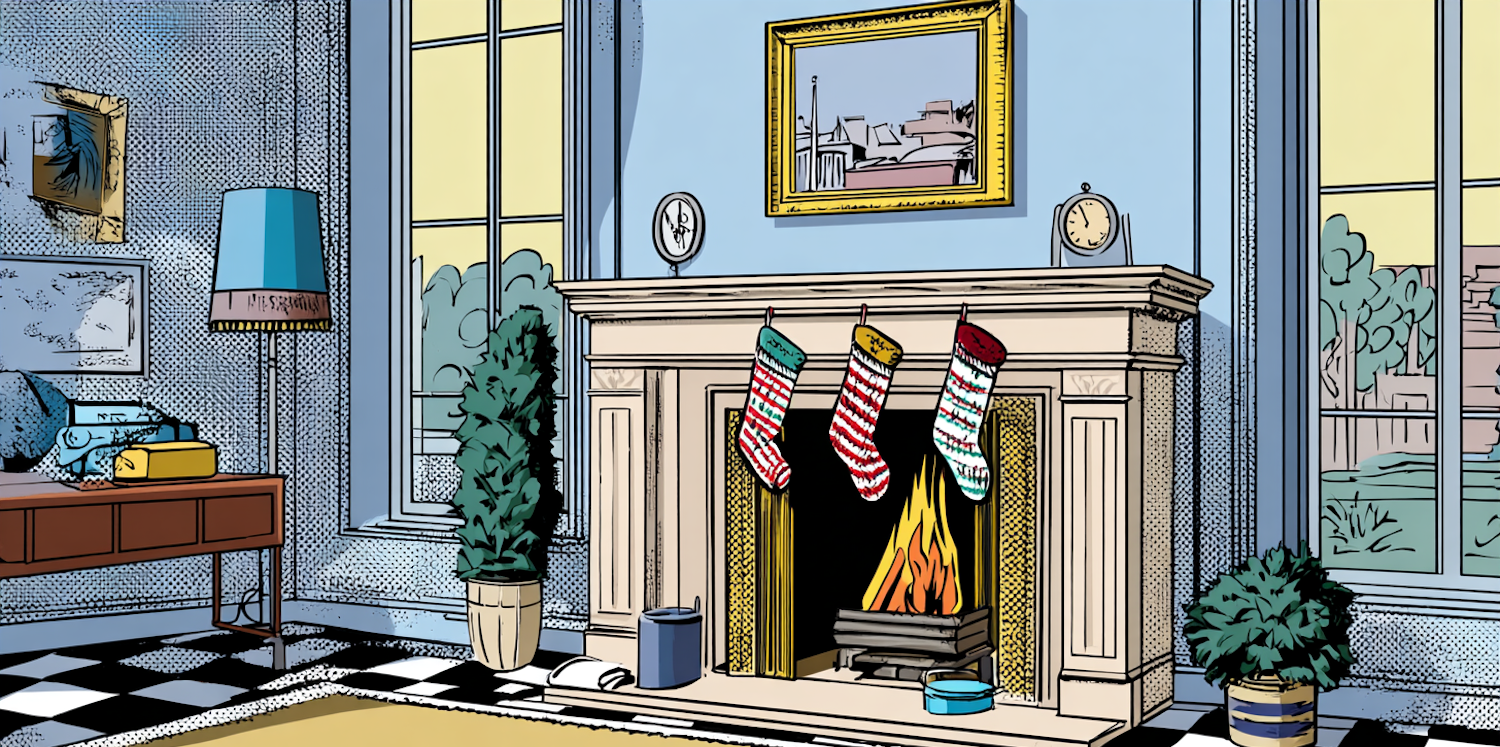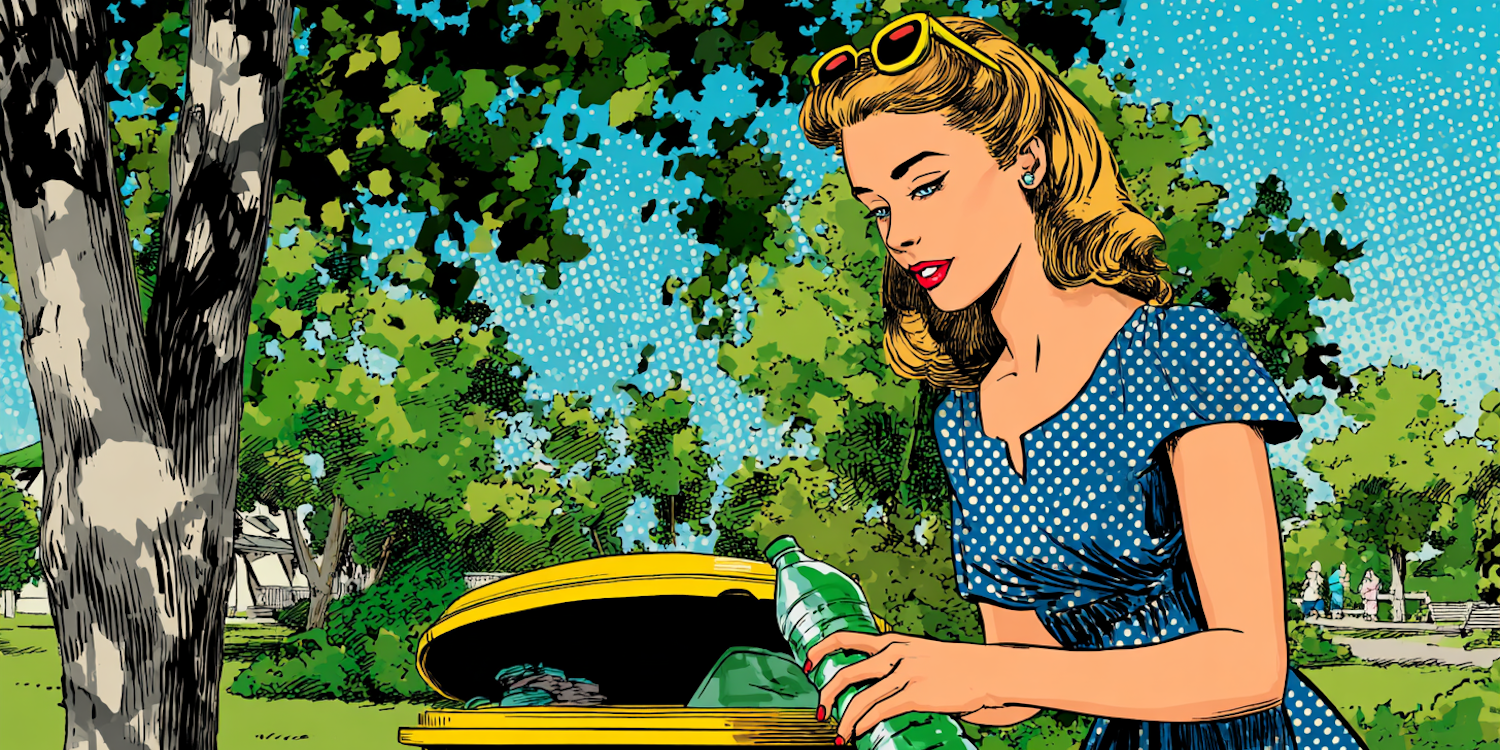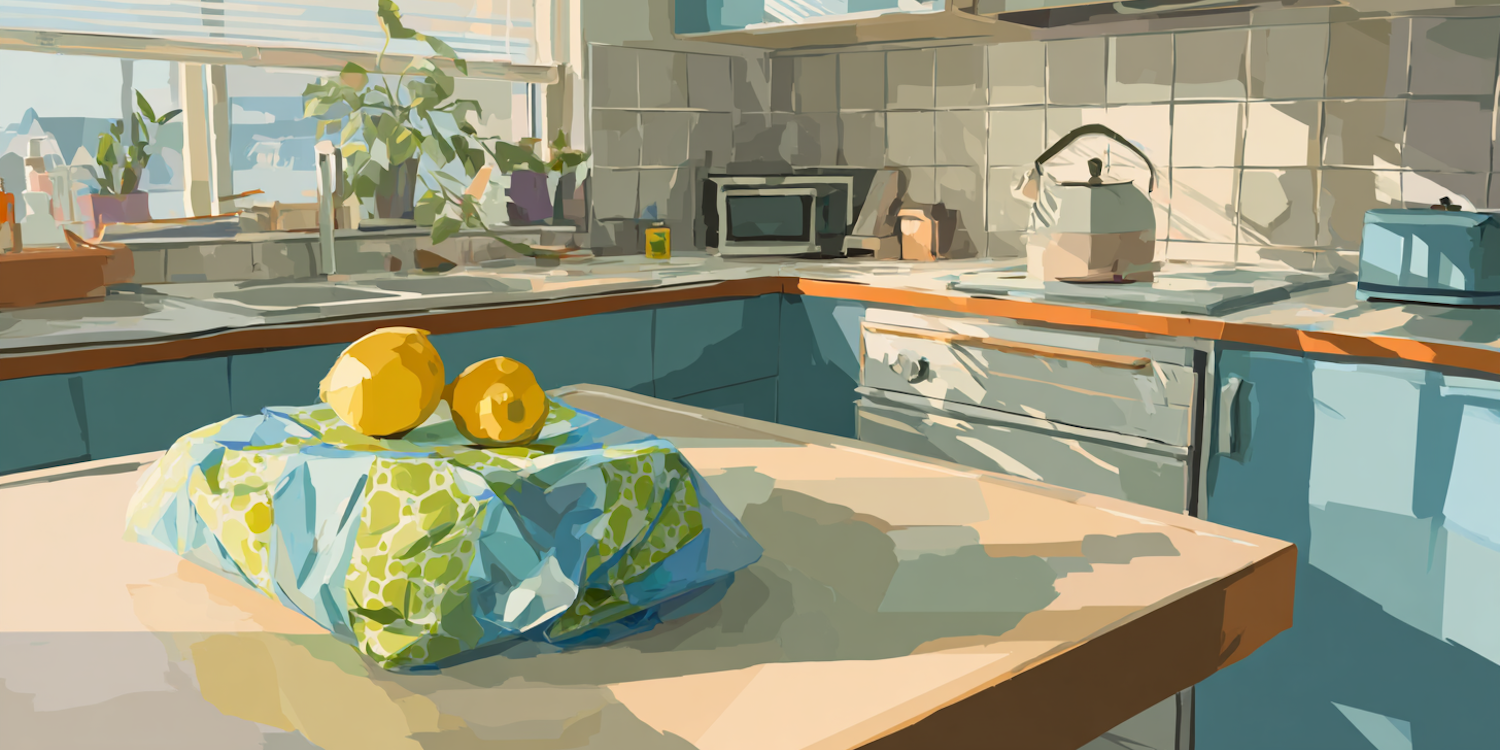Do you want to be eco-friendly, but you’re just not sure where to start? Consider recycling! Recycling is an easy way to get started and show your dedication to the environment.
Why Recycle?
Recycling is a process that takes materials from used products and uses those materials to make new products. Recycling benefits the environment in many ways. First, using recycled materials to create a product saves energy. A company that repurposes materials uses much less energy than one that has to produce products from raw materials. Recycling reduces pollution in the water and air; it cuts out the need to mine and collect raw materials, which eliminates the negative environmental impact of these activities. Recycling also reduces waste in landfills because recycling creates new products from old materials.
What Can I Recycle?
Many people have good intentions when they try to recycle. But what they don’t always understand is that there is a right and wrong way to do it. You might not realize that there is a wrong way to recycle.
Here’s what you need to know…
It’s important to know what products are recyclable so you can avoid recycling contamination. Recycling contamination is improper disposal -- putting materials into the wrong recycling bin or putting nonrecyclable materials into recycling bins. If the recycling is contaminated, the entire bin has to be thrown out.
Paper
Most paper can be recycled; however, you can’t recycle plastic-coated, wet, or dirty paper. And, for cardboard boxes, you should break them down and separate nonrecyclables first.
Plastic
Plastic bottles, jars, and tubs can be recycled -- but only once they are cleaned and dried. Other forms of plastic, like plastic wraps and plastic bags, should not be recycled. If you collect your recyclables in a plastic bag, you should just empty the products directly into the recycling bin.
Other materials
- Aluminum, steel, and tin food cans are recyclable.
- Styrofoam is not recyclable.
- Tangled items are not recyclable.
- Household items (for example, old clothes) are not recyclable. Look for second-hand stores or thrift shops to bring gently used clothing to. You might even be able to get a discount for bringing gently-used clothing to some brand-name stores.
Here are everyday examples of what can and cannot be recycled:
|
✓ Coffee cups (hot drinks) |
✗ Coffee cups (cold drinks) |
|
✓ Junk mail |
✗ Milk cartons |
|
✓ Newspapers / magazines |
✗ Napkins / paper towels |
|
✓ Cardboard boxes |
✗ Plastic utensils |
Life Cycle of a Recycled Item

Submitted by: Karly G., Boston University PR LAB - Spring 2020
